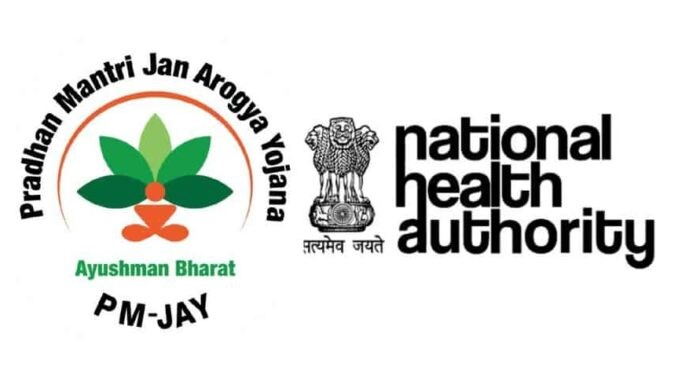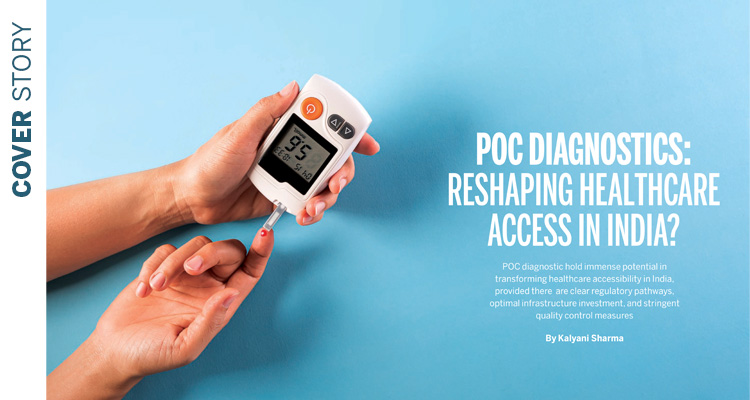Home / health-care / 8 Expert-Recommended Tips to Reduce Heart Attack Risk
8 Expert-Recommended Tips to Reduce Heart Attack Risk
By: My India Times
3 minutes read 63Updated At: 2024-11-22

Heart disease is a leading cause of death worldwide, but there are simple yet effective ways to reduce the risk of a heart attack. Experts recommend several lifestyle changes that can help protect your heart and improve overall health. Here are 8 tips to significantly lower your chances of heart disease:
1. Eat a Heart-Healthy Diet
A well-balanced diet is essential for maintaining heart health. Experts recommend eating a variety of fruits, vegetables, whole grains, and lean proteins while avoiding processed foods and excessive amounts of saturated fats. Healthy fats, such as those found in olive oil, nuts, and fish, can help reduce the risk of heart disease. Additionally, keeping sodium intake low and focusing on fiber-rich foods can help control cholesterol and blood pressure.
2. Stay Active with Regular Exercise
Physical activity is one of the most powerful ways to lower heart disease risk. Experts suggest at least 30 minutes of moderate exercise most days of the week. Activities such as walking, swimming, or cycling can help maintain a healthy weight, improve circulation, and lower blood pressure. Exercise also increases good cholesterol (HDL) and reduces bad cholesterol (LDL), which helps prevent plaque buildup in arteries.
3. Quit Smoking
Smoking is one of the leading causes of heart disease. It damages blood vessels, raises blood pressure, and reduces the oxygen supply to the heart. Quitting smoking can immediately improve heart function and lower your risk of heart attacks. Within a year of quitting, the risk of heart disease is significantly reduced.
4. Limit Alcohol Consumption
Drinking alcohol in moderation is key to maintaining heart health. Experts recommend limiting alcohol to one drink per day for women and two for men. Excessive alcohol consumption can raise blood pressure and contribute to heart disease. Moreover, it can lead to weight gain and irregular heartbeats, increasing the overall strain on your heart.
5. Manage Stress Effectively
Chronic stress can contribute to high blood pressure, increased cholesterol, and heart disease. Finding effective ways to manage stress is crucial for heart health. Relaxation techniques such as yoga, deep breathing exercises, meditation, or even simple hobbies can help reduce stress levels and promote better heart health.
6. Monitor Your Cholesterol and Blood Pressure
High cholesterol and high blood pressure are two of the most significant risk factors for heart disease. Regular health check-ups are essential to monitor these levels. Experts advise keeping blood pressure below 120/80 mmHg and cholesterol levels in check by adopting a healthy lifestyle. Medications may be necessary if lifestyle changes alone are not enough to manage these conditions.
7. Maintain a Healthy Weight
Carrying excess weight puts strain on your heart and increases the risk of developing heart disease, diabetes, and high blood pressure. Losing even a small amount of weight can help reduce the burden on your heart. Experts recommend aiming for a healthy body mass index (BMI), which is typically between 18.5 and 24.9. A balanced diet and regular exercise can help achieve and maintain a healthy weight.
8. Get Regular Health Check-ups
Routine health check-ups are essential to detect early signs of heart disease. Regular tests for cholesterol, blood pressure, and blood sugar levels can help catch potential issues before they become serious. Early intervention can significantly reduce the risk of a heart attack and improve long-term health outcomes.
Conclusion
By making simple lifestyle changes and following these expert-backed tips, you can significantly reduce your risk of heart disease and lead a healthier, longer life. It's never too late to start taking care of your heart—small changes today can have a big impact on your future health.
....Heart disease is a leading cause of death worldwide, but there are simple yet effective ways to reduce the risk of a heart attack. Experts recommend several lifestyle changes that can help protect your heart and improve overall health. Here are 8 tips to significantly lower your chances of heart disease:
1. Eat a Heart-Healthy Diet
A well-balanced diet is essential for maintaining heart health. Experts recommend eating a variety of fruits, vegetables, whole grains, and lean proteins while avoiding processed foods and excessive amounts of saturated fats. Healthy fats, such as those found in olive oil, nuts, and fish, can help reduce the risk of heart disease. Additionally, keeping sodium intake low and focusing on fiber-rich foods can help control cholesterol and blood pressure.
2. Stay Active with Regular Exercise
Physical activity is one of the most powerful ways to lower heart disease risk. Experts suggest at least 30 minutes of moderate exercise most days of the week. Activities such as walking, swimming, or cycling can help maintain a healthy weight, improve circulation, and lower blood pressure. Exercise also increases good cholesterol (HDL) and reduces bad cholesterol (LDL), which helps prevent plaque buildup in arteries.
3. Quit Smoking
Smoking is one of the leading causes of heart disease. It damages blood vessels, raises blood pressure, and reduces the oxygen supply to the heart. Quitting smoking can immediately improve heart function and lower your risk of heart attacks. Within a year of quitting, the risk of heart disease is significantly reduced.
4. Limit Alcohol Consumption
Drinking alcohol in moderation is key to maintaining heart health. Experts recommend limiting alcohol to one drink per day for women and two for men. Excessive alcohol consumption can raise blood pressure and contribute to heart disease. Moreover, it can lead to weight gain and irregular heartbeats, increasing the overall strain on your heart.
5. Manage Stress Effectively
Chronic stress can contribute to high blood pressure, increased cholesterol, and heart disease. Finding effective ways to manage stress is crucial for heart health. Relaxation techniques such as yoga, deep breathing exercises, meditation, or even simple hobbies can help reduce stress levels and promote better heart health.
6. Monitor Your Cholesterol and Blood Pressure
High cholesterol and high blood pressure are two of the most significant risk factors for heart disease. Regular health check-ups are essential to monitor these levels. Experts advise keeping blood pressure below 120/80 mmHg and cholesterol levels in check by adopting a healthy lifestyle. Medications may be necessary if lifestyle changes alone are not enough to manage these conditions.
7. Maintain a Healthy Weight
Carrying excess weight puts strain on your heart and increases the risk of developing heart disease, diabetes, and high blood pressure. Losing even a small amount of weight can help reduce the burden on your heart. Experts recommend aiming for a healthy body mass index (BMI), which is typically between 18.5 and 24.9. A balanced diet and regular exercise can help achieve and maintain a healthy weight.
8. Get Regular Health Check-ups
Routine health check-ups are essential to detect early signs of heart disease. Regular tests for cholesterol, blood pressure, and blood sugar levels can help catch potential issues before they become serious. Early intervention can significantly reduce the risk of a heart attack and improve long-term health outcomes.
Conclusion
By making simple lifestyle changes and following these expert-backed tips, you can significantly reduce your risk of heart disease and lead a healthier, longer life. It's never too late to start taking care of your heart—small changes today can have a big impact on your future health.
By: My India Times
Updated At: 2024-11-22
Tags: health-care News | My India Times News | Trending News | Travel News
Join our WhatsApp Channel




















.jfif)
































































































.png)
 (1).png)























